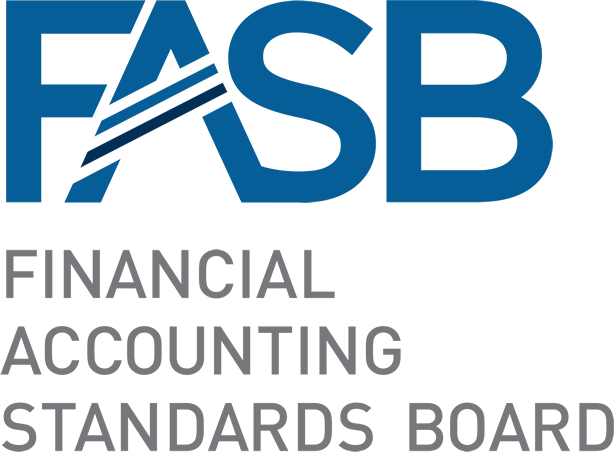FASB to propose delays in major accounting standards

Last week, the Financial Accounting Standards Board (FASB) voted to propose to delay some of its major accounting standards. This will include credit losses, leases, hedging and long-duration insurance contracts for private companies, nonprofits, and small reporting companies.
The proposed delay comes on the heels of the recent implementation of a highly challenging revenue recognition standard in conjunction with FASB’s numerous new rules which have created significant difficulties, especially for private companies whose financial reporting staffs have limited capacity.
The board voted to ask its staff to prepare an exposure draft proposing the new effective dates for accounting for leases, credit losses, and hedging. A second ED would propose new dates for long-duration insurance contracts. Upon approval by FASB, the EDs would be issued with 30-day comment periods. FASB indicated a desire to prioritize the ED for leases, credit losses, and hedging because the effective dates for the insurance standard are in the more distant future.
FASB’s proposal plans include changes for:
- Lease accounting: The new effective date for calendar-year-end preparers that are not public business entities would be Jan. 1, 2021. The effective date for calendar-year-end public business entities, employee benefit plans, and not-for-profit conduit bond obligors is Jan. 1, 2019, and would remain unchanged.
- Accounting for credit losses: The effective date for calendar-year-end SEC filers, excluding smaller reporting companies as defined by the SEC, would remain Jan. 1, 2020. The new effective date for all other calendar-year-end entities would be Jan. 1, 2023. This change would extend the effective date for smaller reporting companies, private companies, and other non-SEC filers. The proposed change would treat smaller reporting companies like SEC emerging growth companies for purposes of the standard.
- Derivatives and hedging: The effective date for calendar-year-end public business entities is Jan. 1, 2019, and would remain unchanged. The new effective date for calendar-year-end preparers that are not public business entities would be Jan. 1, 2021, an extension of one year.
- Long-duration insurance contracts: The new effective dates would be Jan. 1, 2022, for calendar-year-end public business entities and Jan. 1, 2024, for all other entities with a calendar year end.
Have questions about how this announcement affects your company? Contact your Whalen advisor for assistance.
SOURCES:
